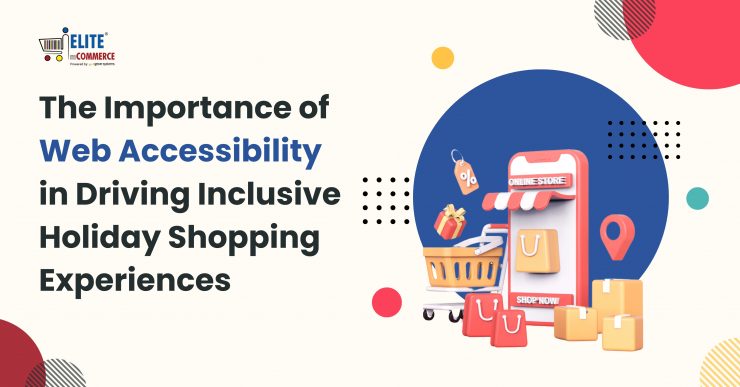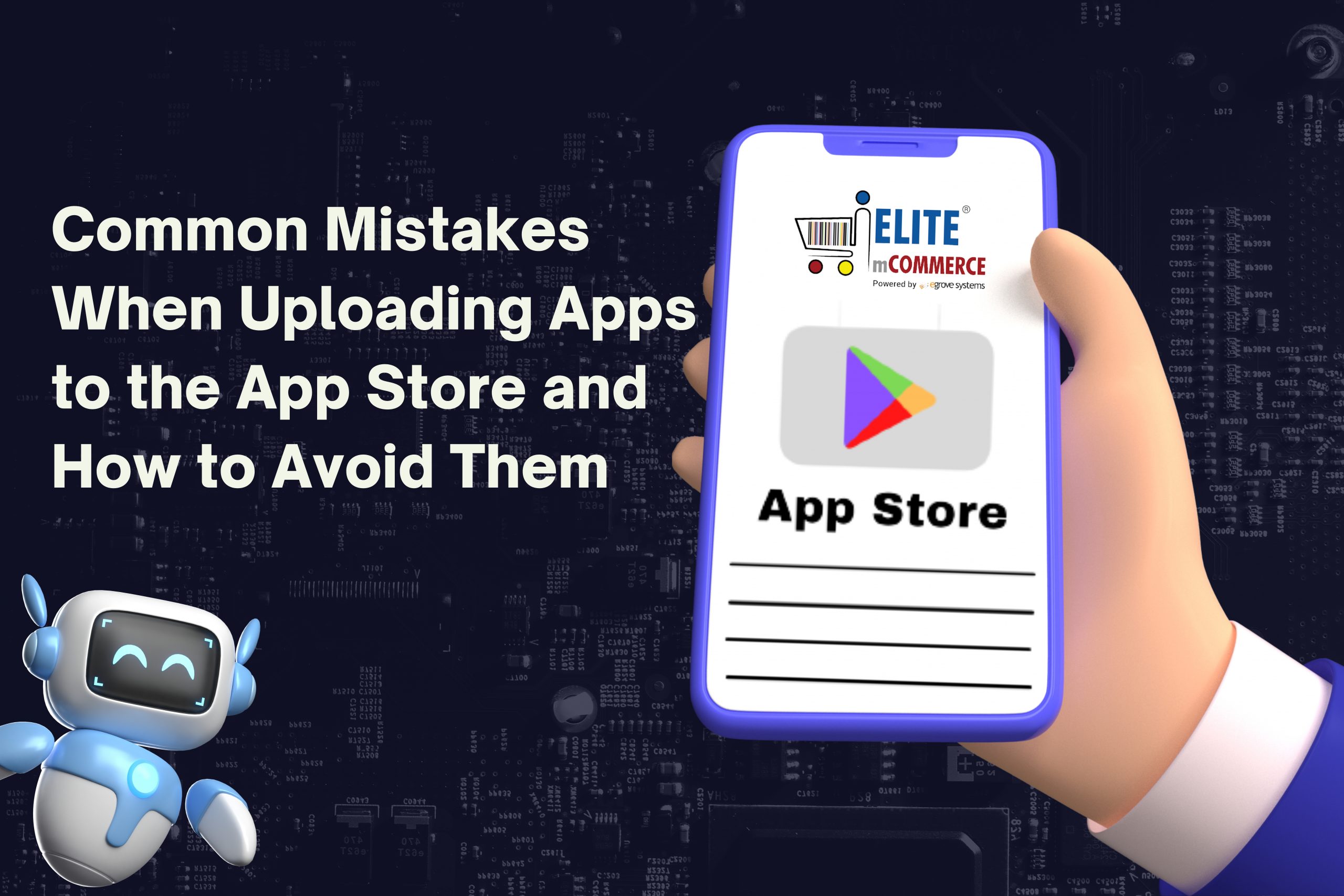As the holiday season approaches, shopping takes center stage in many people’s lives. From bustling malls to online stores, consumers seek the perfect gifts for friends and family. However, amid the excitement, it is crucial to consider the accessibility of these shopping experiences, especially online. Web accessibility is vital in ensuring that all individuals, regardless of their abilities or disabilities, can participate fully in holiday shopping. In this blog, we will explore the importance of web accessibility in driving inclusive holiday shopping experiences.
Understanding Web Accessibility
Web accessibility refers to the design and development of websites that allow people with disabilities to perceive, understand, navigate, and interact with the web. This includes individuals with visual, auditory, motor, and cognitive disabilities. According to the World Health Organization, over a billion people worldwide live with some form of disability, making accessibility not just a legal requirement in many regions but also a moral one.
Why Web Accessibility Matters During the Holidays
Expanding Your Customer Base
The holiday shopping season is a critical time for businesses. By prioritizing web accessibility, retailers can tap into a significant market segment: people with disabilities. Research shows that individuals with disabilities have considerable purchasing power, estimated at over $490 billion annually in the U.S. alone. By creating an inclusive shopping environment, businesses can attract these consumers, increasing their sales and fostering brand loyalty.
Enhancing User Experience
Accessible websites are designed with the user in mind. They provide clear navigation, readable fonts, and sufficient color contrast, making it easier for everyone to shop online. During the holidays, when website traffic surges, an accessible site can enhance the overall user experience. A seamless shopping journey without barriers can lead to higher conversion rates and repeat customers.
Legal Compliance
In many countries, web accessibility is not just a best practice but a legal requirement. Regulations such as the Americans with Disabilities Act (ADA) in the U.S. and the Web Content Accessibility Guidelines (WCAG) provide standards that businesses must follow. Failure to comply can result in lawsuits and penalties, making it essential for retailers to prioritize accessibility, especially during peak shopping seasons.
Building Brand Reputation
A commitment to accessibility reflects a company’s values and dedication to inclusivity. Brands that prioritize web accessibility and create welcoming environments for all customers often enjoy improved public perception. This positive reputation can translate into increased customer loyalty, as consumers are more likely to support businesses that align with their values.
Emphasizing Social Responsibility
By ensuring that their online stores are accessible, retailers show their commitment to inclusivity. This aligns with the values of many consumers, especially during the holiday season, a time often associated with generosity and goodwill.
Key Features of Accessible Websites
To create an inclusive holiday shopping experience, retailers should consider implementing the following accessibility features:
1. Text Alternatives for Non-Text Content
All images, videos, and other non-text content should have descriptive text alternatives. This ensures that users with visual impairments can understand the content through screen readers.
2. Keyboard Navigation
Websites should be navigable using a keyboard in addition to a mouse. This ensures accessibility for individuals with motor impairments who may not be able to use a mouse. All interactive elements should be operable via keyboard shortcuts as well.
3. Clear and Consistent Layout
An organized and predictable layout helps all users navigate the site more easily. Consistent navigation menus and clear headings can guide users through the shopping process.
4. Sufficient Color Contrast
Text and background colors should have enough contrast to be easily readable by individuals with visual impairments or color blindness. Tools are available to check the contrast ratio of color combinations.
5. Responsive Design
With the rise of mobile shopping, websites must be responsive and function well on various devices. Ensure that all accessibility features work seamlessly on smartphones and tablets, as many consumers shop on the go.
6. Accessible Forms
Forms should be simple to fill out, with clear labels and error messages. Consider utilizing features like auto-fill and validation to enhance usability for all shoppers.
Best Practices for Holiday Shopping Accessibility
As retailers prepare for the holiday season, they can adopt several best practices to enhance web accessibility:
1. Conduct Accessibility Audits
Before the holiday rush, businesses should conduct thorough accessibility audits of their websites. This involves using automated tools and user testing with individuals with disabilities to identify and rectify any barriers.
2. Train Staff on Accessibility
Education of employees about the importance of accessibility can foster a culture of inclusivity. Staff should be trained to understand the needs of customers with disabilities and how to assist them effectively.
3. Promote Accessibility Features
Once accessibility improvements are made, retailers should promote these features to their customers. Highlighting the commitment to inclusivity can attract more shoppers and enhance brand loyalty.
4. Gather Feedback
Encouraging feedback from users with disabilities can provide valuable insights into the shopping experience. Retailers can use this feedback to make continuous improvements and address any concerns.
5. Stay Updated on Accessibility Guidelines
Web accessibility standards and guidelines evolve. Retailers should stay informed about the latest developments in accessibility practices to ensure their websites remain compliant and user-friendly.
Conclusion
As the holiday season approaches, the importance of web accessibility cannot be overstated. Ensuring that online shopping experiences are inclusive is not only a legal and ethical obligation but also a smart business strategy. By prioritizing accessibility, retailers can expand their customer base, enhance user experience, build brand reputation, and demonstrate social responsibility.
In a world where inclusivity matters more than ever, the holiday shopping experience should be accessible to all. This holiday season, let’s embrace the spirit of giving by creating online environments where everyone can participate in the joy of shopping.









Add comment